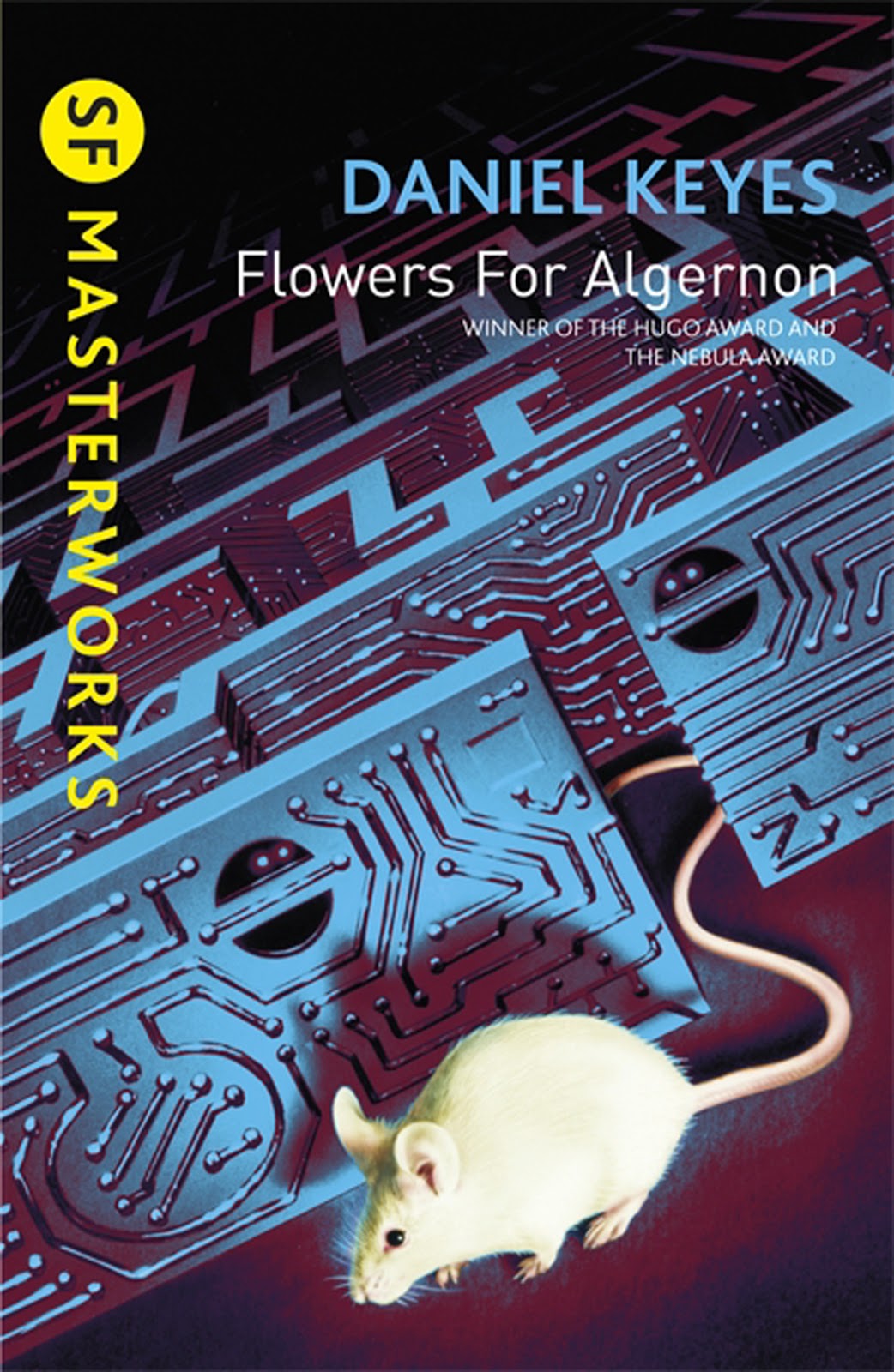


The 1966 review by The New York Times states "The obvious part is the message: We must respect life, respect one another, be kind to those less fortunate than ourselves" (Fremont-Smith 25). The final "progress report" Charlie writes is from the same intellectual level as those he writes at the beginning of the novel.īased on this plot, the text seemingly brims with advocacy for the mentally disabled. Algernon, however, loses his gained intelligence and dies, and Charlie's operation proves just as temporary despite his best attempts to remain an intelligent man, Charlie eventually returns to his previous disabled state. His only companion through this isolation is Algernon, the mouse who preceded him in the breakthrough operation. Aware how doctors took advantage of him while disabled, and how family and friends abandoned him, Charlie rebels against the idea that he is somehow a product of others' medical creation. Ultimately, however, his intelligence isolates him from Alice and all those closest to him. Initially, this increase in intelligence grants Charlie hope: he revels in his new cognitive abilities and his romantic relationship with Alice, his former adult education teacher. He reaches the cognitive ability of the greatest of geniuses, ironically surpassing the doctors who operated on him. 1 Perhaps it is the surface idea of the story that explains its presence in schools: Charlie Gordon is a mentally disabled man who records his thoughts in "progress reports" as he undergoes an operation to improve his intelligence. It was clear that even in the 21st century the Hugo-winning science fiction novel was one of the most widely read that concerns the mentally disabled. They nearly unanimously praised it a few spoke of how it was the only book that interested them in high school. When I informed a few classes, however, that I was working on Daniel Keyes's Flowers for Algernon and the role mental disability had in the novel, the emotional attachment students had to the book was clear. In my short career of teaching undergraduates, I have found that their interest in my own scholarly work is often, at best, tepid.


 0 kommentar(er)
0 kommentar(er)
